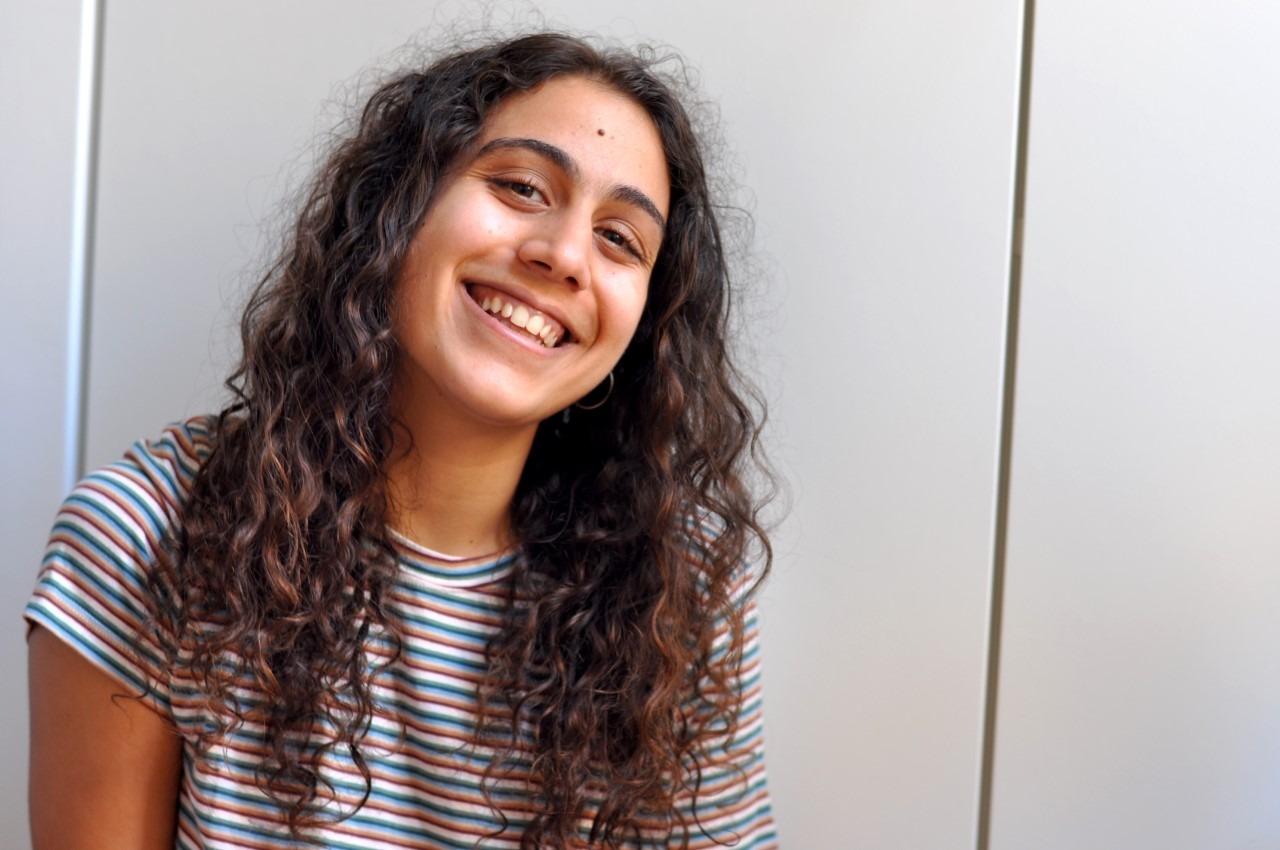Faces of ELSR: Samin Gokcekus
I actually find it difficult to write pieces like this one because my interests are very broad. I believe that any topic can be interesting if you take the time to understand it, and I hope to spend the rest of my research career bringing together my knowledge and experiences from different fields to find innovative ways to study and explain many different aspects of human and animal behaviour.
After a year of studying liberal arts in the US, I went on to complete my undergraduate studies in Philosophy and Psychology at Durham University. For the philosophy portion of my studies, I focused on the history and philosophy of science, which gave me the tools to ask and answer questions about the natural world. I wrote my philosophy dissertation on the parallels between 18th century Scottish philosophy of mind and today’s developmental psychology and neuroscience. For my psychology dissertation, I worked with footage of semi-captive bonobos (Pan paniscus) to look at the development of object manipulation and tool use. When I finished my undergraduate degree, I was planning on going on to study cognitive neuroscience, but my fascination with animals took over and I decided to stay at Durham to do a Master by research in Comparative Cognition. I worked with various species of cooperatively-breeding callitrichid monkeys to look at the relationship between performance on a novel curiosity task and the detour-reaching inhibition task (regarded as a measure of “behavioural flexibility”) in relation to breeding status; I used these results to emphasize the need for conceptual clarification and discuss the importance of philosophy of science to empirical pursuits more generally.
Currently, I am exploring the interplay between cognition, ecology, social structure and cooperation using the long-term study population of passerines at Wytham Woods. Understanding why individuals engage in behaviours that will benefit others (especially un-related others) has been referred to as an evolutionary puzzle for decades. I will run experiments using “selective” feeders that can be used not only to automatically track the social behaviours of individual birds, but also to manipulate which individuals can interact with whom. This will allow us to test how changes in familiarity and social stability impact social structure and population level rates of cooperation. I will also use this system to gain a better understanding of the individual recognition capabilities of tits, and how inequalities in reward impact social relationships and cooperation.
I hope that my experience with different species, study-sites, and disciplines will allow me to do truly comparative work on animal behaviour and cognition in the future. Studying philosophy really showed me that collaboration among open-minded individuals is important for good science: a single mind can only do so much. Please don’t hesitate to contact me if you would be interested in brainstorming ideas or just to discuss your own work!
About the author
Samin is a PhD student at the University of Oxford, studying the maintenance and spread of cooperation in social networks of wild birds. She is generally interested in the social and cognitive characteristics of animals and has a background in philosophy and psychology. Currently, she is working with the long-term study system of passerines at Wytham Woods. She aims to clearly and concisely bring together our understanding of various social phenomena (cooperation, individual recognition, social structure, inequity aversion) and their physical underpinnings in an ecologically relevant context while also gaining new insights into the biological processes that allow for dyadic behaviour and cooperation.
